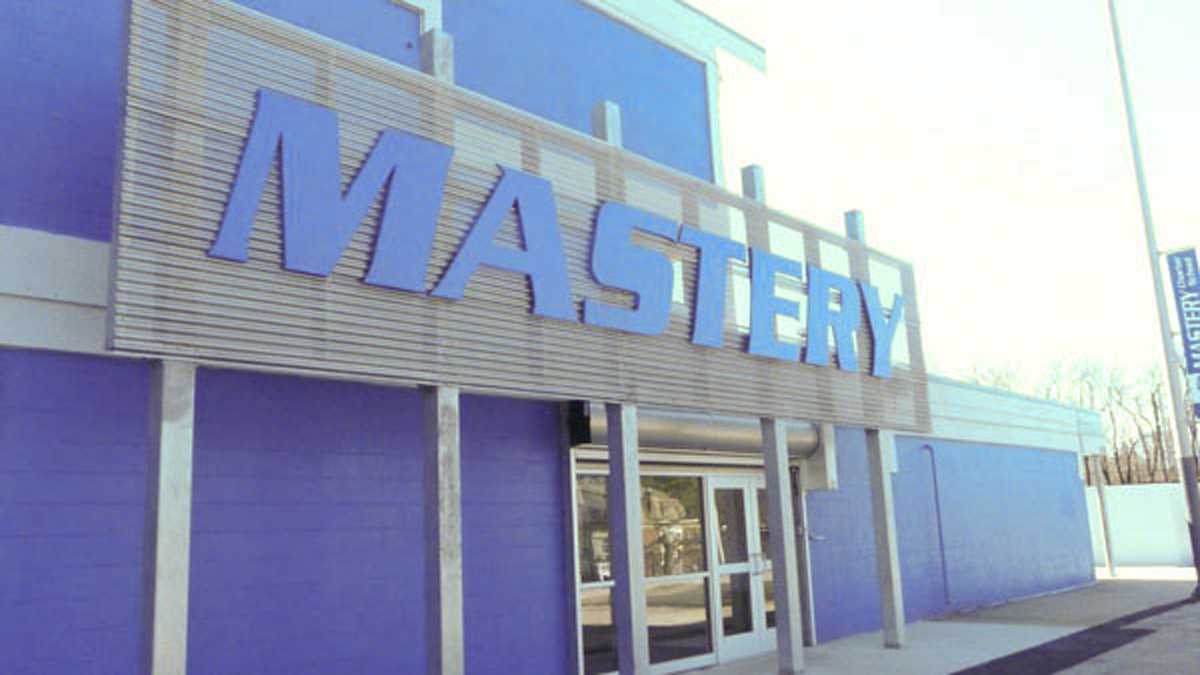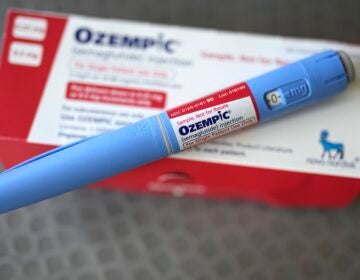Commentary: Why charters get more support in Camden than Philadelphia

On Tuesday evening, just before the start of the Camden City Public Schools board meeting, 50 Camden parents handed Superintendent Paymon Rouhanifard a stack of petitions signed by over 1,000 families requesting an expansion of Mastery Charter Schools.
Mary Jane Timbe, a Camden mother of four, declared, “we want more Mastery schools. We want our kids to be able to from kindergarten to 12th grade and then on to college.” Sherell Sharp, parent of a 5th grade Mastery North Camden School student, explained to Rouhanifard that “for my daughter, Mastery means that she hops out of bed and is ready to go to school [and] that’s after years of her hating school. That’s a blessing.”
But that’s not the reception charters are getting in Philadelphia. Last Wednesday, just across the river, the Philadelphia School Reform Commission (PSRC) turned down 34 out of 39 charter school applications, including some from highly-regarded charter operators like Mastery and KIPP that already have solid records of success in Philadelphia. One PSRC member, Marjorie Neff, voted “no” on every single application to resounding applause from the Philadelphia Federation of Teachers. (Full disclosure: one of my kids used to teach at a Mastery school in Philly.)
What explains Camden’s enthusiasm for charters? Chalk it up to a combination of fair school funding, well-conceived legislation, and synergetic leadership.
First things first: money. Camden Public Schools is a beneficiary of New Jersey’s historic Abbott decisions. By order of the State Supreme Court (and, later, through the School Funding Reform Act) N.J. has established a progressive school aid formula that provides compensatory funding for poor urban schoolchildren. This year Camden’s cost per pupil was about $25,000. Philadelphia’s public school students, equally needy, eke out get about $15,000 per pupil; this austerity breeds acrimony and short-circuits collaborative efforts.
While Philadelphia parents’ desire for better schools are cramped by the politically-driven PSRC, Camden families (and, technically, those in Trenton and Newark) benefit from a 2012 state law called the Urban Hope Act (UHA).
UHA permits the creation of hybrid charter/public schools known as “Renaissance Schools,” per approval of the Camden School Board. While Camden already had a charter school sector before the enactment of UHA, the bill has fostered more options for families desperate for high-quality seats. Mastery opened under the auspices of UHA, as did KIPP and Uncommon Schools.
Currently, Mastery’s North Camden Elementary serves 300 kindergarten-fifth graders, temporarily located at Pyne Poynt Middle School, and 100 kindergarten-second graders, temporarily located at Cramer Hill Elementary. (Mastery will break ground next week on its own building, as required under UHA.) Approximately 18 percent of students have disabilities, 10 percent are English Language Learners, and almost all are economically-disadvantaged.
Next year, North Camden Elementary will add sixth grade and Cramer Hill Elementary will add third grade.
Any expansion of Mastery schools in Camden would require school board approval and, if necessary, an amendment to extend the Urban Hope Act’s summer deadline for new applications.
_________________________________________________
Laura Waters is vice president of the Lawrence Township School Board in Mercer County. She also writes about New Jersey’s public education on her blog NJ Left Behind. Follow her on Twitter @NJLeftbehind.
WHYY is your source for fact-based, in-depth journalism and information. As a nonprofit organization, we rely on financial support from readers like you. Please give today.





